Multi-Petawatt Physics Prioritization Workshop
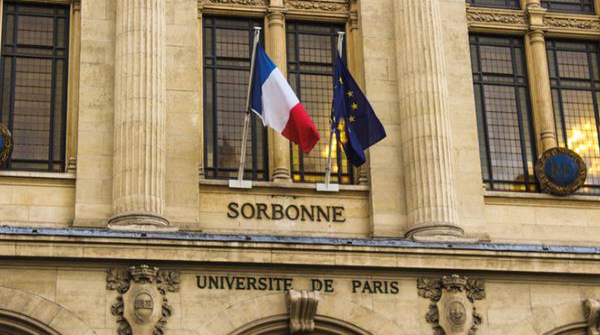
MP3 Workshop Report
Location: Sorbonne Université (Paris, France)
Date: Wednesday through Friday, April 20-22, 2022
Webcast (plenary sessions only)
Registration Deadline: Monday, April 11, 2022
Multi-petawatt laser systems can produce light pressures in the exa-Pascal regime, copious amounts of radiation, and extremely bright beams of energetic particles, including electrons, ions, neutrons, or antimatter. These novel capabilities enabled by multi-PW lasers, described in a series of recent reports shown below, open new frontiers in research and development, such as high-field physics and nonlinear quantum electrodynamics (QED), laboratory astrophysics, particle acceleration and advanced light sources, and laser-driven nuclear physics.
The Multi-Petawatt Physics Prioritization (MP3) Workshop will bring together scientific communities to focus on promising new science enabled by a new generation of ultra-intense and powerful lasers. The workshop and a series of virtual working group meetings leading to it will establish and develop networks of researchers who will recommend ways to coordinate research and broaden access to state-of-the-art facilities, diagnostics, and computational tools for high-intensity laser-based research.
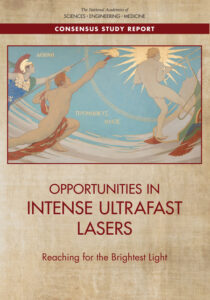 2018 NAS Report:
2018 NAS Report:
Opportunities in Intense Ultrafast Lasers: Reaching for the Brightest Light
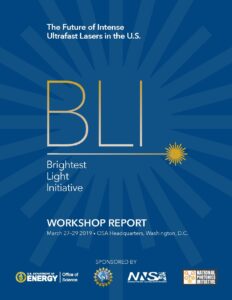 2019 Report:
2019 Report:
Brightest Light Initiative (BLI) Workshop
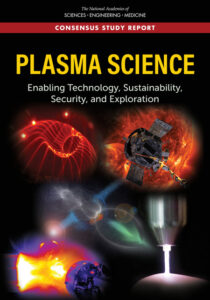 2020 NAS Report:
2020 NAS Report:
Plasma Science: Enabling Technology, Sustainability, Security, and Exploration
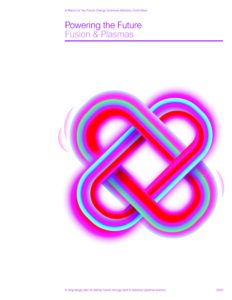 2020 DOE-FESAC Report:
2020 DOE-FESAC Report:
Powering the Future – Fusion & Plasmas
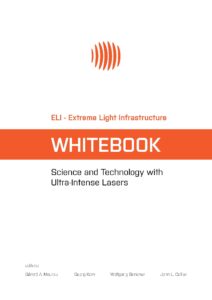 2011 Extreme Light Infrastructure (ELI) Whitebook:
2011 Extreme Light Infrastructure (ELI) Whitebook:
Science and Technology with Ultra-Intense Lasers
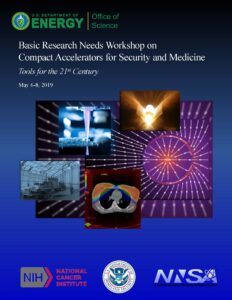 Basic Research Needs Workshop
Basic Research Needs Workshop
on Compact Accelerators for Security and Medicine
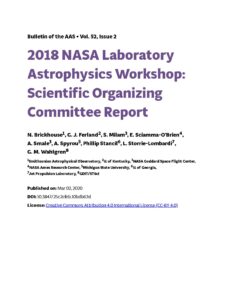 2018 NASA Laboratory Astrophysics Workshop:
2018 NASA Laboratory Astrophysics Workshop:
Scientific Organizing Committee Report
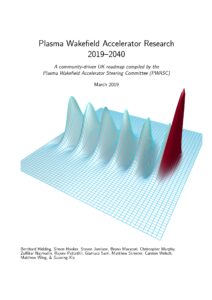 2019 PWASC Report:
2019 PWASC Report:
Plasma Wakefield Accelerator Research 2019–2040
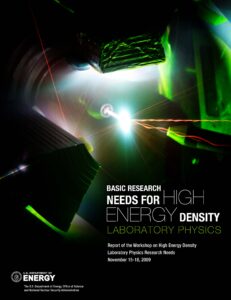 2009 Basic Research Needs
2009 Basic Research Needs
for High Energy Density Laboratory Physics
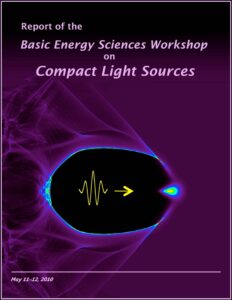 2010 Report
2010 Report
of the Basic Energy Sciences Workshop on Compact Light Sources
The MP3 workshop will bring together leading experts to:
- Establish the most important goals and flagship experiments of promising new science enabled by present and new generations of ultra-intense and powerful lasers.
- Identify common interests and joint strategies for developing diagnostics needed for the flagship experiments.
- Discuss a vision for the optimal next-generation high-intensity laser facility to address the frontier science goals.
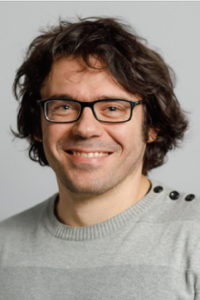 Antonino Di Piazza
Antonino Di Piazza
Max Planck Institute for
Nuclear Physics, Germany
 Louise Willingale
Louise Willingale
University of Michigan, USA
 Jon Zuegel
Jon Zuegel
University of Rochester, USA
Sponsored by
